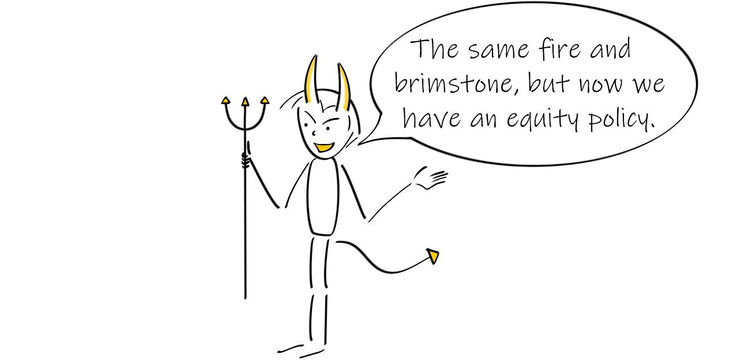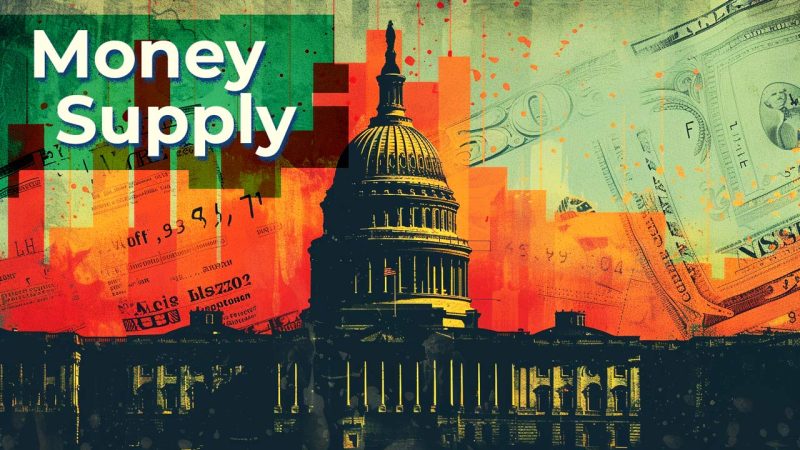Business is a fair-weather friend to social justice
The Bolsheviks took power in Russia during the October Revolution of 1917. They were a Marxist movement led by Vladimir Lenin, an upper-middle-class man from western Russia. At the heart of Leninist philosophy was the idea that the Bolsheviks would usher in a communist paradise for the working class. We know now that Lenin’s vision failed miserably.
This article was originally published by Byte Size Economics.
Lenin and the Bolsheviks were a movement in opposition to capitalists seeking free access to capital, products and services. “From each according to his ability, to each according to his needs”.
The Bolsheviks would have vomited at the notion of a company fighting for equity, as they are money-making entities run by capitalists seeking profit. They probably wouldn’t have appreciated that communist memorabilia is a money-spinner today either.
Equity is chiefly about ensuring equality of outcome, but structurally businesses are organised to create better outcomes for some (ie owners/shareholders), and not others. The hypocrisy is either lost on, or ignored by, marketers using equity as a tool to increase market share.
What happened to the 99%?
Occupy Wall St was a powerful movement in the way it recognised systemic capitalist issues and tackled the top 1%. It fought against corruption, inequality and corporate greed. “We are the 99%”.
Occupy was dangerous for the wealthy because it pitted people directly against businesses from a class perspective. If corporates were to meaningfully support Occupy, it would compromise their model. This is because they would have to sacrifice profits to boost low wages and support low-end consumers
In the 10 years or so since Occupy, the socially conscious have shifted their focus more towards civil rights than class divides. That’s fine – both civil rights and class issues are at the heart of equity. However, businesses have been able to breathe a sigh of relief. Civil rights are something they can get behind.
This shift has been awfully convenient for businesses and the wealthy as it allows them to demonstrate social values while protecting profits because it’s not as focused on income and wealth distribution. It’s not like we are about to see businesses support higher corporate tax rates in the name of equity.
In some sense, a social movement that more fully merged the thinking of Occupy Wall St with civil rights would be better placed to achieve change – but that’s a much bigger discussion than this article gets into.
Businesses co-opt equity for profit
Businesses are good at co-opting social movements for profit. A common example – Hugo Boss made uniforms for Nazis.
There is lots of evidence that businesses are co-opting equity for their benefit. McKinsey consultants earn big wages to advise on it. You can buy a Rosa Parks Barbie doll off Ebay, or a portrait of Lenin. Hugo Boss now promotes diversity and inclusion – a zebra is allowed to change its stripes.
Perhaps there should be money to be made in doing the good things – but it’s not actually in businesses’ DNA to take genuine risks in the name of equity. It is also suspicious that some of those fighting for equity are far removed, and have made an industry out of a social problem.
The capitalist economy, in which businesses thrive, is not that interested in equity per se. It’s interested in equity for profit. People within firms may be interested in equity, but it is within a capitalist paradigm with capitalist incentives, and paradigms matter.
The key capitalist paradigm is private ownership and the pursuit of profit. How can a business support equity when operating for profit to benefit shareholders who are more likely to be in the top 1%? Only superficially.
It’s not really for business to tell people what values to adopt
Businesses co-opting equity often aren’t actually taking any real risk – they won’t be standing in front of the tanks in the name of equity. Furthermore, some equity initiatives appear to be diversionary tactics to demonstrate values without significant change or investment.
Goldman Sachs has a policy to only run initial public offerings for companies on the S&P 500 with diverse board members. When Goldman announced its policy on board diversity it was about to be embroiled in a corruption scandal. Furthermore, very few S&P500 companies didn’t already meet the requirement. Not exactly a big risk.
Nike invests significantly in advertising to demonstrate its equity values while running sweatshops. How should people feel about that? Where should Nike really be spending its money? Probably by boosting wages in the sweatshops.
A recent example from Samsung in Malaysia gets to the heart of the issue. Samsung recently pulled an ad featuring a mother supporting her drag queen son following religious backlash. Yes, Samsung took a risk, but weren’t prepared to stand behind their values in the face of scrutiny.
Businesses are not the right entities to be telling people what values to adopt – corporate values are too flippant. Businesses are a friend to social movements so long as it doesn’t mean taking any real risk and compromising profits.





